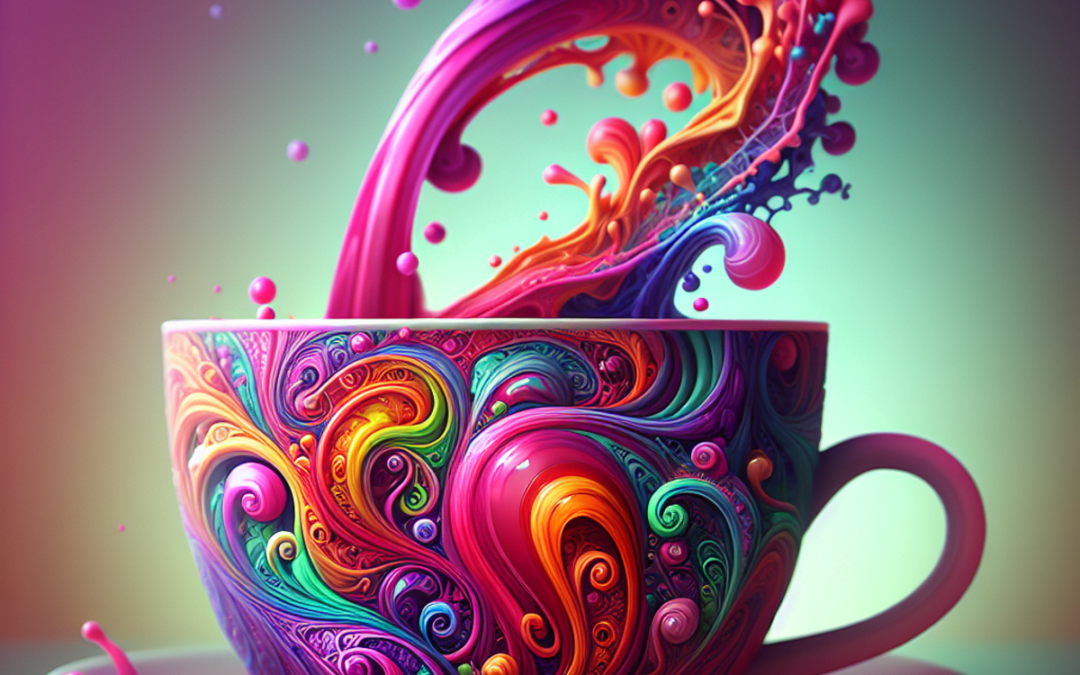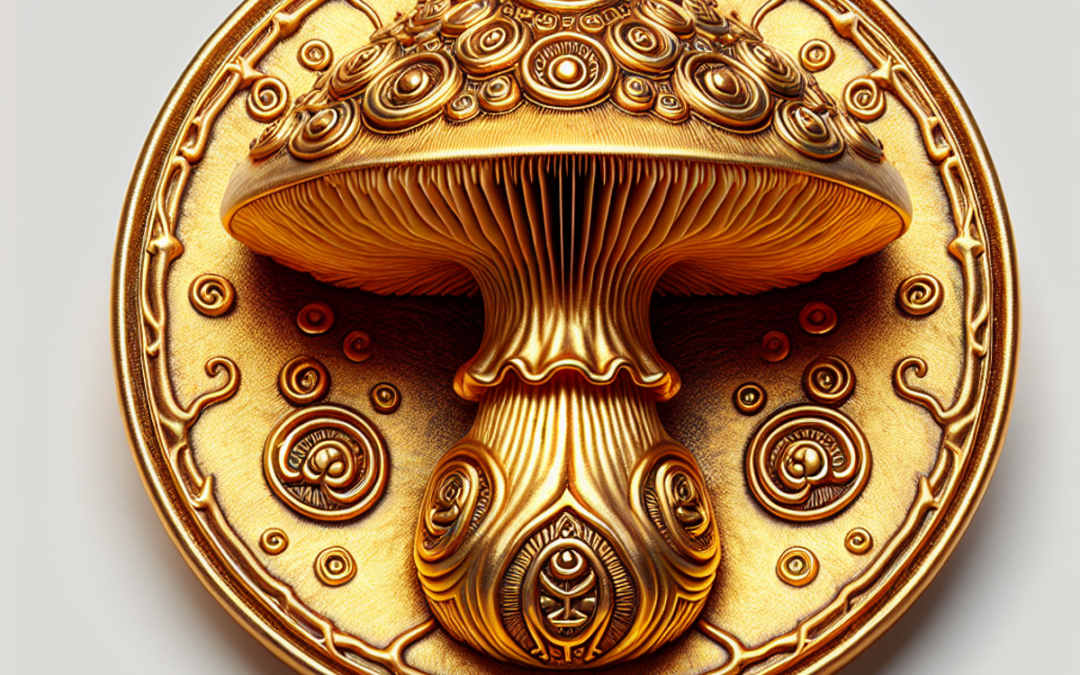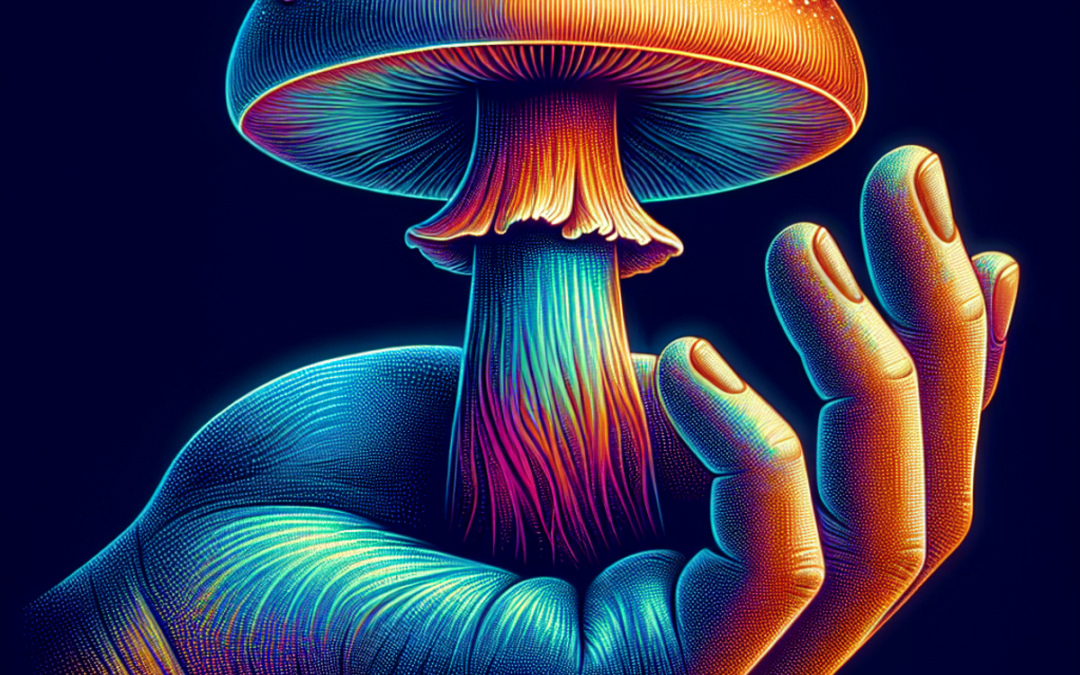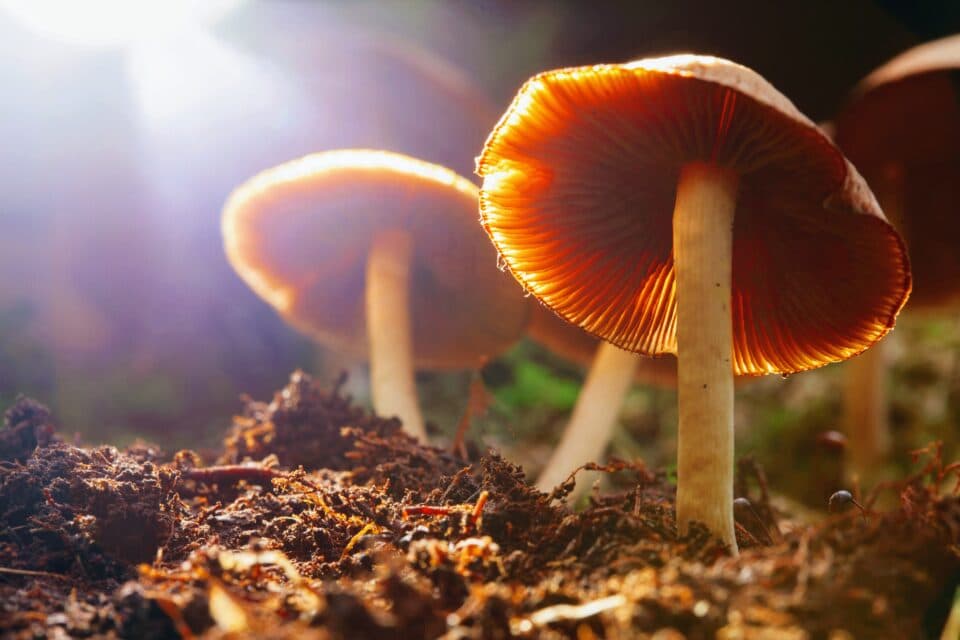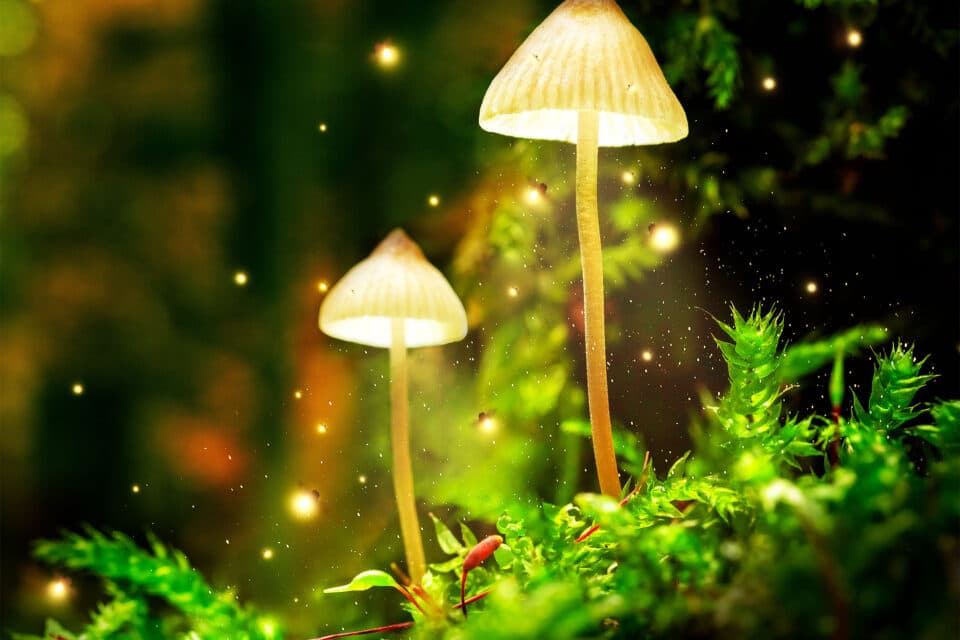Summary: Both those who experienced a natural near-death experience and those who had a near-death experience while taking psychedelics report less fear of death and a lasting, spiritual positive experience.
Source: Johns Hopkins Medicine
In a survey study of more than 3,000 adults, Johns Hopkins Medicine researchers compared psychedelic experiences with near-death experiences that were not drug related and found notable similarities in people’s attitudes toward death.
Survey participants in both groups reported having less fear of death and dying after the experience. They also reported that the experience had a lasting positive effect, providing personal meaning, spiritual significance and psychological insight.
The study was published Aug. 24, 2022 in the journal PLOS ONE.
The results are consistent with several recent clinical trials showing that a single treatment with the psychedelic psilocybin produced sustained decreases in anxiety and depression among patients with a life-threatening cancer diagnosis. The largest of these trials (Griffiths et al., 2016) was conducted at Johns Hopkins Medicine by the authors of this survey.
That study, a randomized trial of 51 patients with cancer who had clinically significant anxiety or depressive symptoms, demonstrated that receiving a controlled, high dose of psilocybin given with supportive psychotherapy resulted in significant increases in ratings of death acceptance, as well as decreases in anxiety about death.
For the present study, the researchers analyzed data gathered from 3,192 people who answered an online survey between December 2015 and April 2018.
Participants were divided into groups: 933 individuals had non-drug-related near-death experiences, and the rest of the participants had psychedelic experiences, which were prompted by either lysergic acid diethylamide (LSD) (904), psilocybin (766), ayahuasca (282) or N,N-dimethyltryptamine (DMT) (307).

The results are consistent with several recent clinical trials showing that a single treatment with the psychedelic psilocybin produced sustained decreases in anxiety and depression among patients with a life-threatening cancer diagnosis. Image is in the public domain
Participants were predominantly white (85%) and mostly from the United States. Compared with the non-drug group, there were more men in the psychedelic group (78% versus 32%), and they tended to be younger (32 versus 55 years of age) at the time of the experience.
Similarities between the groups include:
- About 90% of participants in both groups reported a decrease in fear of death when considering changes in their views from before to after the experience.
- Most participants in both groups (non-drug group, 85%; psychedelics group, 75%) rated the experience to be among the top five most personally meaningful and spiritually significant of their life.
- Participants in both groups reported moderate to strong persisting positive changes in personal well-being and life purpose and meaning.
Differences between the groups include:
- The non-drug group was more likely to report that their life was in danger (47% versus the psychedelics group, 3%), being medically unconscious (36% versus the psychedelics group, 10%), or being clinically dead (21% versus the psychedelics group, less than 1%).
- The non-drug group was more likely to report that their experience was very brief, lasting five minutes or less (40% versus the psychedelics group, 7%).
The researchers say that future studies are needed to better understand the potential clinical use of psychedelics in ameliorating suffering related to fear of death.
About this psychedelics and NDE research news
Author: Marisol Martinez
Source: Johns Hopkins Medicine
Contact: Marisol Martinez – Johns Hopkins Medicine
Image: The image is in the public domain
Original Research: Open access.
“Comparison of psychedelic and near-death or other non-ordinary experiences in changing attitudes about death and dying” by Mary M. Sweeney et al. PLOS One
Abstract
Comparison of psychedelic and near-death or other non-ordinary experiences in changing attitudes about death and dying
Both psychedelic drug experiences and near-death experiences can occasion changes in perspectives on death and dying, but there have been few direct comparisons of these phenomena.
This study directly compared psychedelic occasioned and non-drug experiences which altered individuals’ beliefs about death. Individuals who reported an experience that altered their beliefs about death occasioned by either a psychedelic drug or a near-death or other non-ordinary experience completed an online survey.
Circumstances of the experience, mystical and near-death subjective features, changes in attitudes about death, and other persisting effects were evaluated.
The study sample (n = 3192) included five groups: non-drug near-death or other non-ordinary experiences (n = 933), and drug experiences occasioned by lysergic acid diethylamide (LSD) (n = 904), psilocybin (n = 766), ayahuasca (n = 282), or N,N-dimethyltryptamine (DMT) (n = 307). Analyses of differences in experiences were adjusted statistically for demographic differences between groups.
Compared to the psychedelic groups, the non-drug group was more likely to report being unconscious, clinically dead, and that their life was in imminent danger. The groups were remarkably similar in the reported changes in death attitudes attributed to the experience, including a reduced fear of death and high ratings of positive persisting effects and personal meaning, spiritual significance, and psychological insight.
Although both psychedelic and non-drug participants showed robust increases on standardized measures of mystical and near-death experiences, these measures were significantly greater in the psychedelic participants. Non-drug participants were more likely to rate their experiences as the single most meaningful of their lives.
Comparing across psychedelic substances, ayahuasca and DMT groups tended report stronger and more positive enduring consequences of the experience than the psilocybin and LSD groups, which were largely indistinguishable.
These data provide a detailed characterization and comparison of psychedelic occasioned and non-drug experiences that changed attitudes about death and suggest the importance of future prospective psychedelic administration studies.

